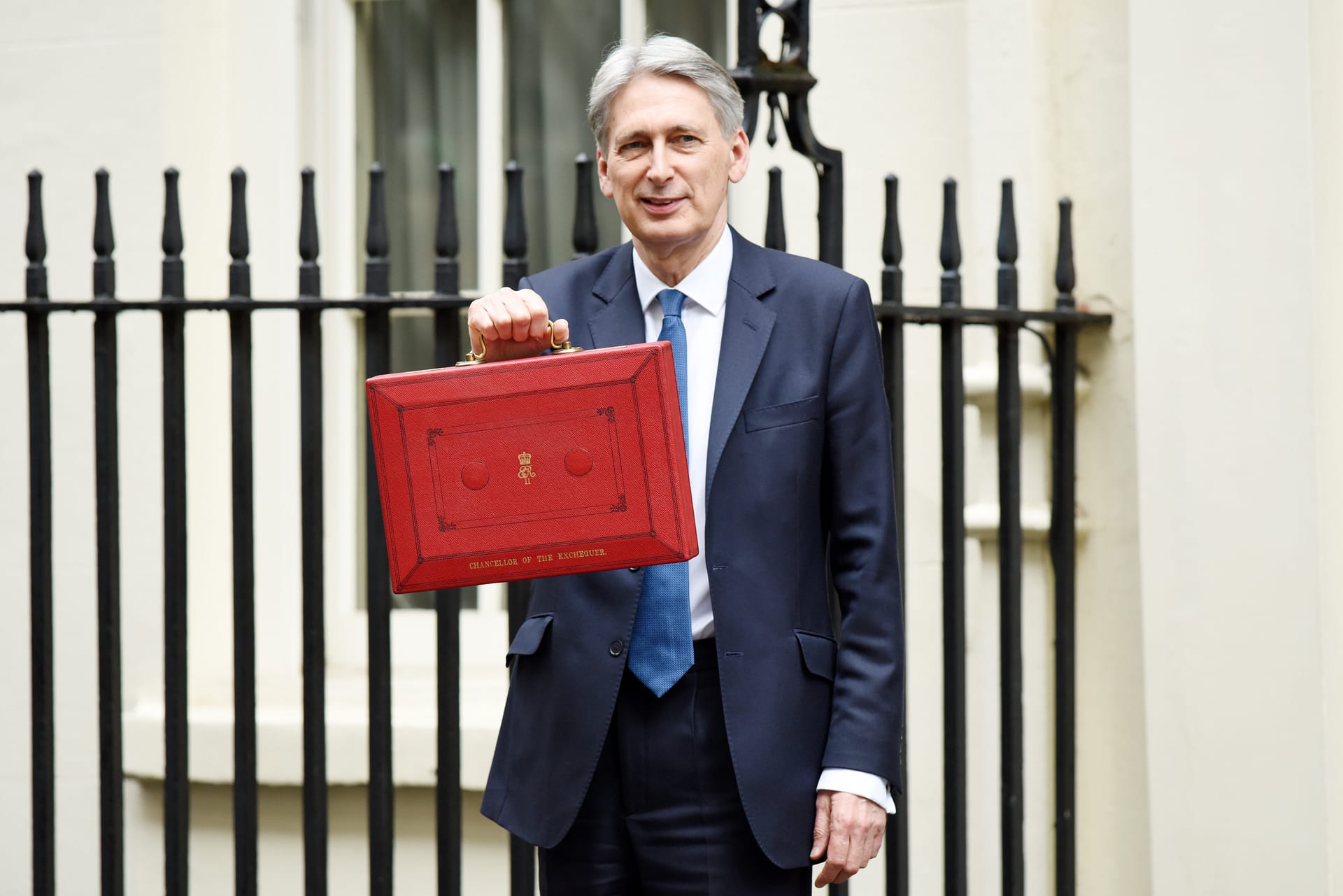With growing demand from overseas for British goods and services, London companies should be capitalising on the opportunity to export. This is particularly the case with small to medium enterprises (SMEs), the research shows that those which export outperform those which do not.
Out of those in London surveyed by YouGov for Capital Economics, businesses with purely domestic customers reported annual growth of 5.6% over the last five years whereas this increased to as much as 11.4% for those which export. Furthermore, 42% of SMEs across the UK say that exporting has increased profits by up to 20% and almost one in ten (9%) say it has increased profits by over 20%.
While London SMEs lead the way in the UK for export, research has confirmed that SMEs across the capital are not fulfilling their export potential, due to financial barriers. It is now estimated that 19% of SMEs nationwide believe they could export but do not. Across the UK, 60% of potential exporters cite access to finance as a key factor in their export plans.
Late payments are the most critical issue with 63% citing it as a barrier to entry. Whilst 52% of payments are made at the point of supply, 45% of sales happen on credit. This means that at any one time SMEs are owed an average of £64,000 in late payments, with 11% owed between £100,000 and £250,000. The consequences of this can result in damaging ripple effects that have a greater impact on SMEs compared with larger businesses.
Commonly cited challenges resulting from late payments include cash flow issues (35%), delayed supplier payments (29%) and reduced profit performance (24%).
Other key challenges to potential SME exporters in London included difficulty managing exporting procedures and paperwork, the length of time it takes to get paid by foreign buyers and the risk of not being paid at all.
UKEF helps companies of all sizes overcome these issues. Last year alone, it supported over 250 businesses. From offering attractive financing terms to help businesses win contracts, to providing insurance to safeguard against financial risks, UKEF helps companies from all sectors to maximise the opportunities available in an international market.
Secretary of State for International Trade, Rt Hon. Liz Truss MP, said, “Finance is a key barrier coming between SMEs and their export potential. If small businesses were to export more, Britain would see even more stronger economic growth.”
“In its centenary year, UKEF continues to enable companies from across the UK to expand their global reach by helping them succeed abroad. That’s why it is at the heart of my plan to get businesses ready to trade as we leave the EU.”
Louis Taylor, CEO of UK Export Finance, said, “The right finance and insurance can make all the difference for a company that is looking to sell overseas. There’s a wide range of specialist support on offer from both private sector providers and from UK Export Finance working with private sector providers, and we’re here to help UK companies access that support and realise their global ambitions.”
Despite appetite for finance options, awareness is an issue
52% of SMEs in London are not aware that trade finance exists. Instead, the majority rely on credit cards, hire purchase and government grants to fulfil their potential.
When it comes to microbusinesses in London, those with under 10 employees are some of the lowest users of external finance in the country. 33.5% use external finance in the capital compared to the national average of 39.4%. This is surprising given that London’s microbusinesses are those who are most likely to have the ambition to ‘build a national or international business’.
Despite this lack of awareness, 60% of potential exporters in the UK said that a reasonably priced service that insures the against customers who do not pay and lends capital whilst they await payment, would be useful. For the proportion of SMEs that are refused support due to their lack of export experience, UKEF’s financial services can be invaluable.
UK saturation results in higher growth outside the EU
A recent study by the Centre for Economics and Business Research (CEBR) states that 13% of SMEs have turned to exporting due to saturation in their own markets which highlights the importance of international trade opportunities. When looking where to export, the majority of SMEs still favour the EU. Research shows that 79% of exporting SMEs export to EU (non-UK) countries whereas 67% export outside the EU.






Leave a Comment